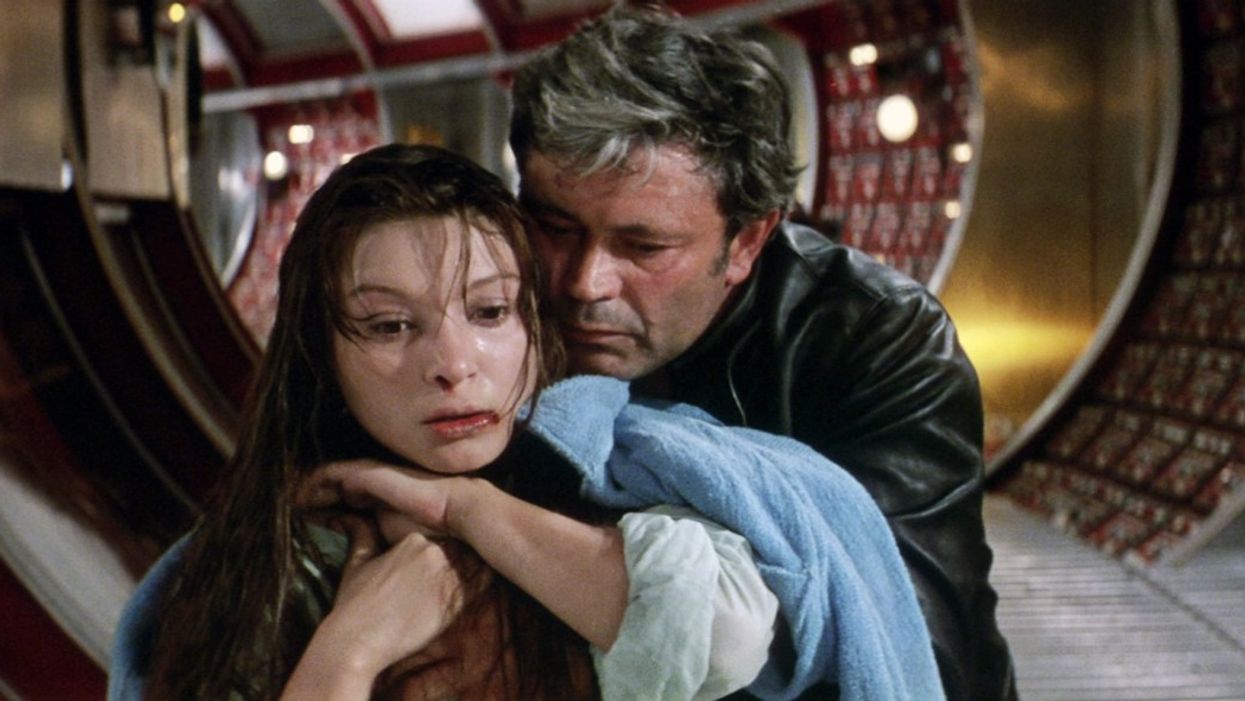Watch: The Remarkable Similarities Between Kubrick and Tarkovsky
The two auteurs go head to head in this video essay.

Andrei Tarkovsky once labeled Stanley Kubrick's 2001: A Space Odyssey as a "phony" film with "only pretensions to truth." The Russian director's own sci-fi epic Solaris came out just four years after Kubrick's, and the similarities between the two are pretty glaring. Both hallucinatory, both focused on the isolation of man and his place within the greater ethereal sphere of the universe.
Video editor Vugar Efendi's latest essay provides us with not only a side-by-side comparison of the space ship designs in 2001 and Solaris, but how "to some extent, they share the same philosophical and thematic undertones in their filmography." Take a look below:
One of the only themes that didn't appear to be mutual was respect for each other's work. While Kubrick claims to have appreciated Solaris, some critics have gone so far as to say that Tarkovsky intentionally made his sci-fi in an attempt to outdo 2001.
In my humble opinion, a little competition between filmmakers never hurt anyone, especially when we're talking about two of the greatest filmmakers to have set an eye behind glass. Audiences living in the sixties and seventies were lucky enough to have both these directors releasing films at the same time. No doubt, despite denials from either camp, their work influenced each other, as it rightfully should have.













